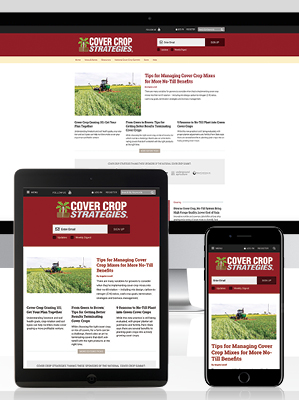Dozens of sheep graze a field of Sudan grass on Walla Walla Organics farm as part of a farming system that restores the soil.
These practices, known as regenerative agriculture approaches, became a more recent goal for farmer and owner Dan McClure.
In the past three years, he has adopted three methods in most fields on the 600-acre farm.
The farm grows conventional crops like alfalfa seed, wheat, barley, safflower, and organic produce such as Walla Walla Sweet Onions, spinach, kale, varieties of squash and more.
McClure always has a plant growing in the field, whether a cash crop he grows to sell or cover crops he grows to put back into the soil.
He puts the organic matter taken out of the ground from cash crops back into the soil with cover crops, so no organic matter is lost. Other practices include sampling for nutrients of his cash crops and having sheep graze the cover crops.
A cover crop is a plant used primarily to slow erosion, improve soil health, enhance water availability, smother weeds, help control pests and diseases, increase biodiversity and have bring other benefits, according to Sustainable Agriculture Research and Education.
This year has been the worst for weeds, McClure said. They’re handpicked, so no chemicals are used. Cover crops reduce weeds because the ground always wants something to grow on it.
“I know we’ll hit nirvana when we grow a crop and don’t have any weeds grow up,” he said.
Through regenerative agriculture, McClure said he builds back the organic matter and soil that feed the plants.
The more organic matter in the soil, the better the plants grow and the less fertilizer and water will be required, he said.
Cover crops are not harvested but instead returned to the soil. They stimulate different types of organisms, like fungi and bacteria.
Roots of cash crops like spinach and onions don’t stretch down very far into the soil, but the roots of cover crop do, and they bring the nutrients back to the height where roots of the cash crops can reach, he said.
He sends in leaves of his produce to a company that samples the leaves’ sap for an accurate reading of how much nutrition is in the plant. The results show McClure what to put on the crop if one or more of the nutrients are low.
More nutrient-dense plants fight off insects and diseases, something needed for organic farming, considering they do not use insecticides, herbicides, or other synthesized chemicals, he said.
Sheep grazing cover crops can be beneficial for building organic matter and soil health.
After sheep graze the plants, the plants put down more root exudates, McClure said. The roots will stimulate the microbes in the soil, like bacteria, fungi — all the things that provide minerals for the plants — making the soil more active and the plant regrow faster.
There is also a more available form of nitrogen for the plants. Urine and feces break down and provide food for the plants.
“It’s like we’re fertilizing for the next crop with the animals,” McClure said.
He said on the farm they seed into the ground after the grazing without having to till the ground as much.
McClure implemented grazing last year, using sheep from Upper Dry Creek Ranch.
Building organic matter in the soil through regenerative agriculture is a long and more expensive process.
“I think that’s why you don’t see a lot of people doing it. A lot of farming is a low-cost endeavor,” he said. “Consumers demand cheap food, so farmers grow cheap food.”
He said the main reason he started adding these practices was for the challenge.
Though he has been farming for 14 years, he didn’t grow up farming, so he had to figure it out, which gives him a different perspective than those who have been taught how to farm through generations of family farming.
All crops grow every year, but on different fields, about 50 acres per crop, and they go through a rotation of fields for four years. Sarah McClure, McClure’s wife and co-owner of the farm, said the crop rotation makes planning a jigsaw puzzle every year, further complicated by the demand for water on the various crops.
Sarah McClure said Dan McClure tries to do things better every year and never does the same thing.
They are growing this way to get more yield and production off the ground so the farm can be more profitable and reach its full potential, he said. But most importantly, they aim to grow the healthiest food possible.



